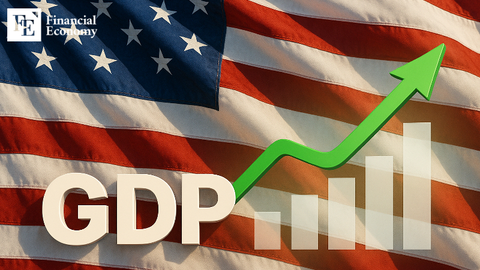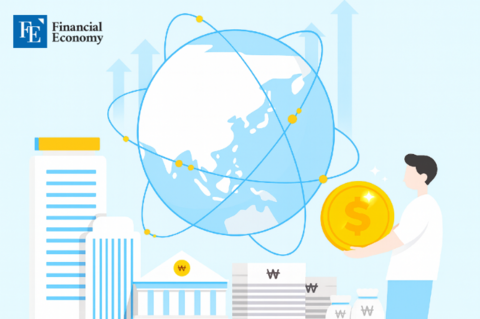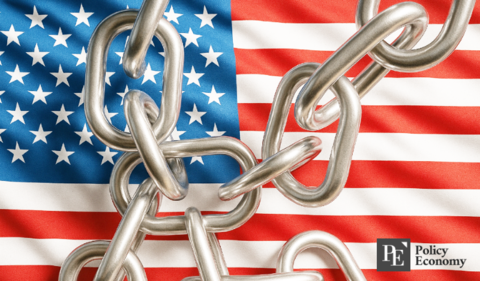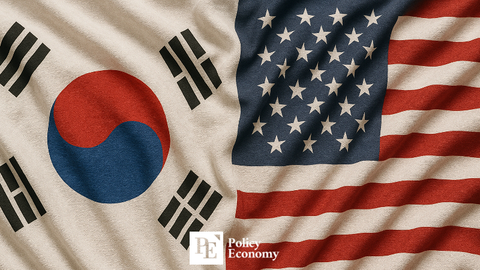Renewed Optimism for Ceasefire in 3 Years and 6 Months Russia–Ukraine War; Trump: “Putin Must Agree to Ceasefire”
Input
Modified
Trump’s primary goal in talks with Putin: securing ceasefire agreement Preparatory step toward potential three-way summit including Zelensky “Trump will make clear he has every option on the table”
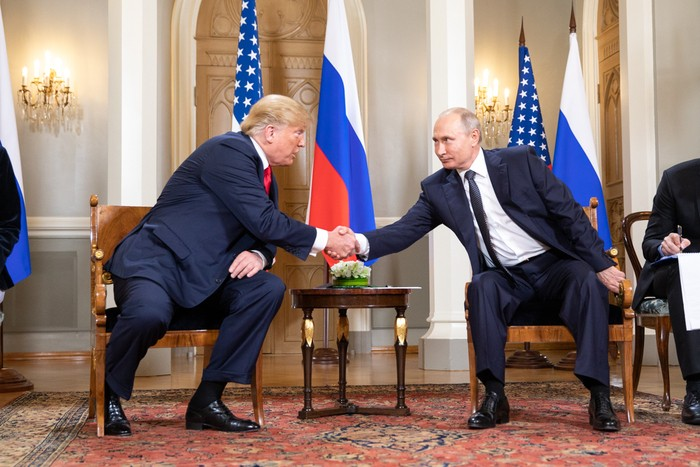
U.S. President Donald Trump has warned that Russian President Vladimir Putin will face “very severe consequences” if he does not agree to a ceasefire at their upcoming Alaska summit. Only two days earlier, the meeting had been described as a preliminary “feel-out” session to gauge Putin’s intentions, but Trump abruptly shifted to setting a concrete objective — an end to the war, something Putin has repeatedly rejected until now.
Trump–Putin Meeting to Be Held at Alaska Military Base
According to CNN on the 13th (local time), White House officials said Trump and Putin are scheduled to meet on the 15th at Joint Base Elmendorf–Richardson, north of Anchorage. Initially, the White House sought to avoid hosting Putin and the Russian delegation at a U.S. military installation, but given the short preparation period, peak vacation season crowds, and security requirements, the secure military facility was ultimately selected.
The U.S.–Russia summit will mark the first under Trump’s second term and the first such meeting since June 2021, when then-President Joe Biden met Putin in Geneva, Switzerland — a gap of four years. Although Trump has spoken with Putin several times by phone since returning to the White House in January, the two have not met in person. Their last face-to-face encounter was in June 2019 during the G20 Summit in Osaka, Japan, six years ago. For Putin, a visit to Alaska would also mark his first time on U.S. soil since attending the United Nations General Assembly in 2015.
White House Press Secretary Karoline Leavitt said, “Only one party to the war (Russia) will attend this meeting,” adding, “The primary goal is to gain a clearer and stronger understanding of how this war can be ended.” She confirmed that the two leaders will also hold a one-on-one meeting without aides present. On the possibility of a future trilateral summit, she offered a measured response: “President Trump also hopes to hold such a meeting after the U.S.–Russia summit in the future.”
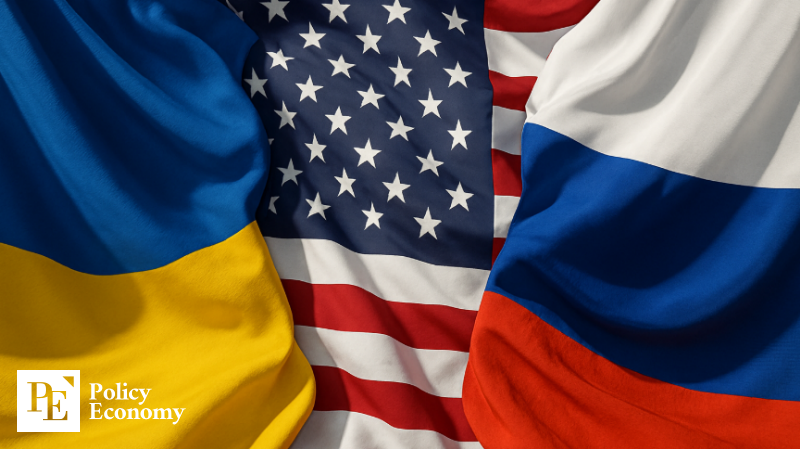
Trump Administration Prepares Additional Sanctions and Tariffs on Russia
The Trump administration is reportedly preparing additional sanctions and tariffs against Russia should the talks yield no progress. U.S. Treasury Secretary Scott Besant told Bloomberg TV on the 13th, “President Trump will make it clear to President Putin that every option is on the table.” He warned that failure to achieve a positive outcome could trigger further sanctions and the imposition of second-tier tariffs on Russia.
That same day, President Trump warned that there would be “very severe consequences” if Putin refused to agree to a ceasefire. His remarks followed a virtual meeting with Ukrainian President Volodymyr Zelensky and several European leaders. “If the first meeting goes well, we will move quickly to hold a second,” Trump said. “I’d like to do it almost immediately, and we will push to hold a second meeting with President Putin, President Zelensky, and, if they wish, myself.”
Petrochemical Industry Watching Talks for Potential ‘Green Light’ on Russian Naphtha Imports
The petrochemical sector is closely watching the summit, given its potential to shape future market conditions. Should sanctions on Russia be eased, the resumption of Russian naphtha imports — effectively halted since the outbreak of the war — could improve feedstock procurement conditions.
Following Russia’s invasion of Ukraine in 2022, Western sanctions sharply curtailed Russian crude exports. With Russian naphtha imports halted, petrochemical companies in South Korea and other major economies increased reliance on Middle Eastern supplies. Meanwhile, China and India capitalized on discounted Russian crude and naphtha, maintaining relatively stronger cost competitiveness. Chinese refiners and petrochemical firms, in particular, increased production by importing discounted oil from Russia and Iran. This oversupply in the global market dealt a heavy blow to refiners and petrochemical producers worldwide, including South Korea.
If a ceasefire becomes reality, Russian crude exports could recover, enabling petrochemical firms globally to secure lower-cost feedstock and strengthen cost competitiveness. This would also erode the exclusive advantage Chinese and Indian companies have enjoyed through cheap Russian imports. An industry insider noted, “Global refining and petrochemicals have been battered by China’s low-price offensive, rising costs, and weak demand. With a potential end to the Russia–Ukraine war and oil prices stabilizing this year, refiners and petrochemical firms are hopeful for improved earnings.”

